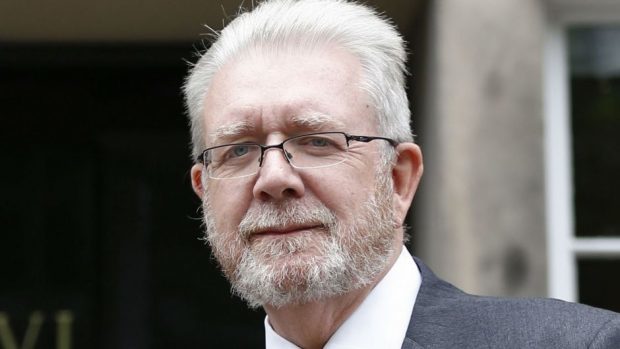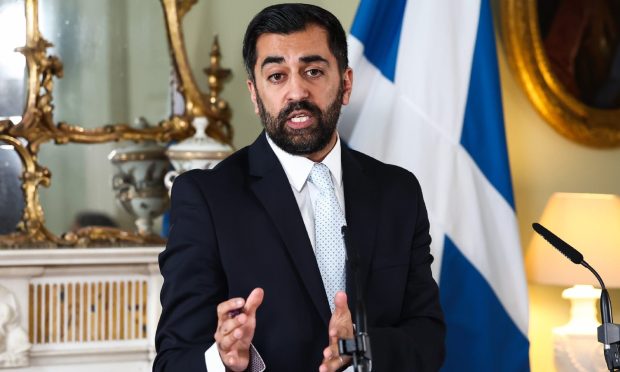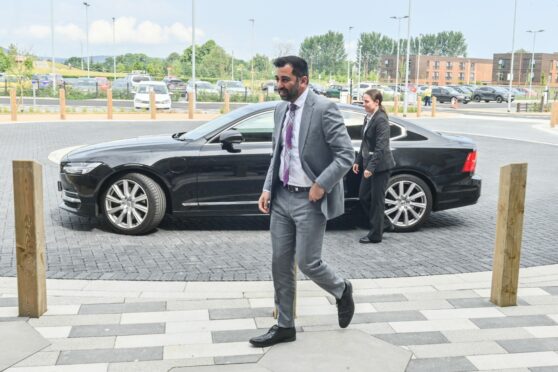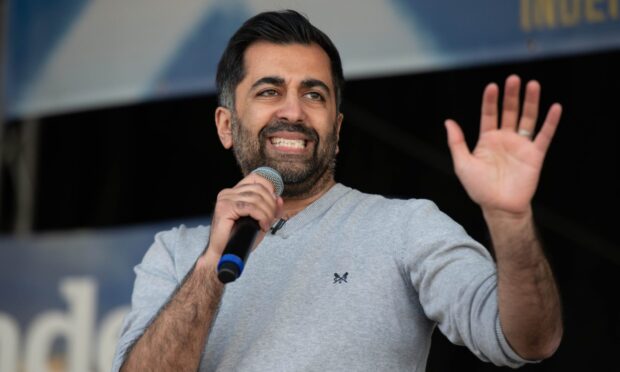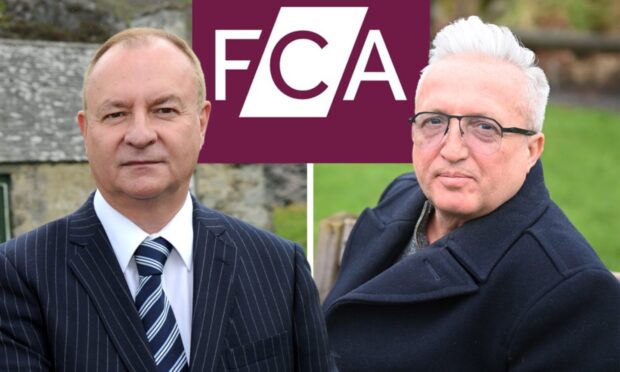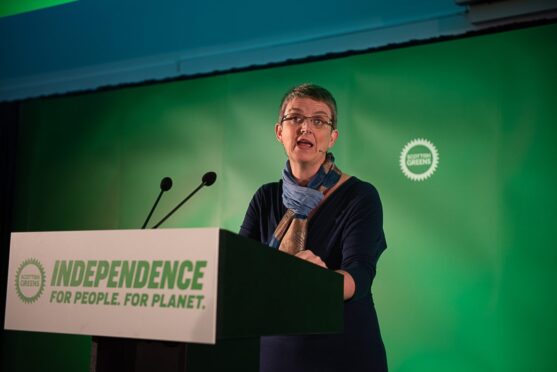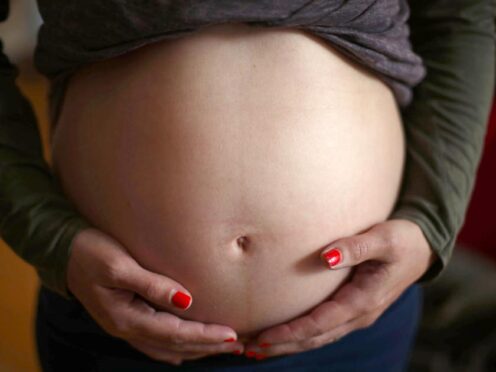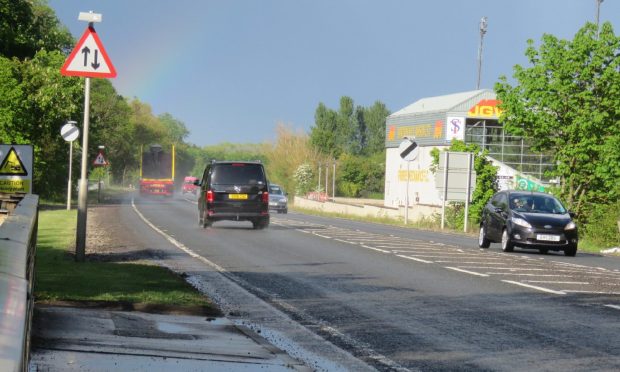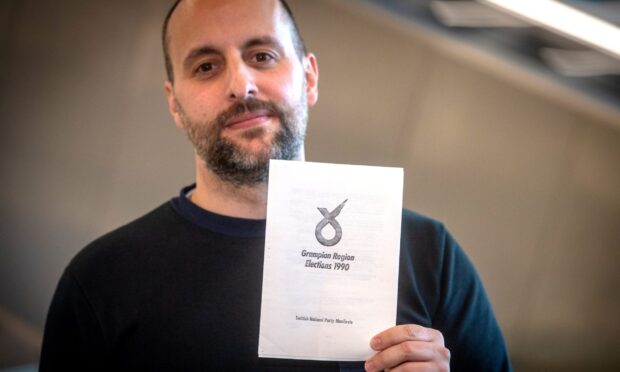Boris Johnson’s revised Brexit deal would cost Scotland £1,600 per person by 2030, Constitutional Relations Secretary Michael Russell claimed yesterday.
Mr Russell was quoting a Scottish Government report which calculates the free trade agreement proposed in the deal would see economic growth fall north of the border over the next decade.
The Scottish Government’s assessment of Mr Johnson’s deal said GDP would be 6.1% lower by 2030 than if the UK stayed in the EU – the equivalent of £1,600 per person.
The document “Scotland’s Place in Europe” was published at the same time as a report from the National Institute of Economic and Social Research (NIESR) said the deal would leave the UK £70 billion worse off a year than if it remained in the EU.
The economic think tank warned the Prime Minister’s plan would shave nearly 4 per cent off of the economy by the end of the 2020s.
Addressing MSPs, Mr Russell claimed the Scottish people had been treated with “contempt” by a UK Government “hell bent” on delivering a Brexit deal that would harm Scotland.
The Scottish Government paper said 6,900 companies exporting from Scotland would be “adversely impacted” by leaving the single market and customs union.
The document also claimed the deal undermined the UK Government’s claim there would be no link between access to UK fishing waters and access to EU markets.
“Access is explicitly connected to the wider economic relationship,” the paper said.
It added that ending freedom of movement would result in the working age population declining by almost 2% rather than the current projection of remaining flat, while the proportion of children would decline by 12.8%.
At Westminster, Ian Blackford, SNP MP for Ross, Skye and Lochaber, claimed the NIESR research showed Mr Johnson was willing to “throw Scotland under his big red bus” to deliver Brexit.
The SNP Westminster leader said: “This prime minister’s extreme Brexit will take a wrecking ball to the economy and cost Scotland and the United Kingdom up to £70 billion a year.”
The prime minister responded by saying the “the greatest damage” that could be done to the Scottish economy was the SNP’s “reckless” plan to break up the union with the UK.
“Sixty per cent of Scotland’s exports are with the rest of the UK,” Mr Johnson said.
“They would be throwing away not just the biggest block grant in history that Scotland has received this year but of course all the benefits of membership of the most successful political partnership in history.”
